Rose apple fruit, also known as Java apple, is shaped like a small pear with a waxy peel. The color may be red or green, depending on the variety. With its light, crunchy, and fresh texture, this refreshing fruit is usually eaten fresh. As the name suggests, the taste is similar to an apple, but with a hint of rose.
Syzygium samarangense, also known as Java Apple, Java Rose Apple, is a species of flowering plant in the family Myrtaceae. The plant grows from Bangladesh to the Solomon Islands. It is widely cultivated in Malaysia, Indonesia, Thailand, Cambodia, Laos, Vietnam, and Taiwan and is now widely cultivated in the tropics. Common names in English include Java Apple, Java Rose apple, Mountain Apple, Samarang Rose Apple, Wax Apple, Wax Jambu, Water apple, cloud apple, air jambu, bluebell, Jamaican apple, and king apple.

Flowers
The flowers are arranged in 3 to 30 drooping panicles at the ends of the branches or in smaller inflorescences in the leaf litter axils, fragrant, white to yellowish white, 3/4 to 1 1/2 inches long. (2-4 cm) wide, 4 leaves, with numerous stamens 3/5 to 1 inch (1.5 to 2.5 cm) long.
Reproduction of cloned trees begins after 3-5 years. There are distinct flowering seasons, often two, sometimes three in a year, but the timing varies from year to year. It usually blooms at the beginning or end of the dry season; The flowers seem to be compatible with themselves. The flowers drop to the ground after 2-3 days, leaving small fruits to ripen and ripen in about two months.
Fruits
The lush flowers are followed by edible bell-shaped berries that range in color from white, light green, or green to red, purple, or scarlet to deep purple or even black. The fruit grows to 4-6 cm (1.6-2.4 in) long in wild plants and has 4 fleshy sepals at the tip.
The skin is thin and waxy, while the flesh is white spongy, juicy, aromatic, slightly sweet, and crunchy. Each berry contains 1-2 rounded seeds no larger than 0.8 cm (0.3 in) in diameter. The resulting flowers and fruits are not limited to the leaf axils and can appear at almost any point on the surface of the stem and branches; In adulthood, the tree is considered heavy-fruited, producing up to 700 fruits.
Despite its name, a ripe wax apple is similar to an apple only in appearance, and does not resemble the taste of an apple, nor does it resemble the aroma or the density of an apple. Its taste is similar to that of a snow pear, and the ratio of liquid to the waxy apple pulp is similar to that of watermelon.

Unlike apples or melons, the waxy flesh of an apple is very soft tissue; In the center is a seed placed in a net in the form of cotton candy. This gauze is edible but tasteless. The color of the juice depends on the variety; It can range from purple to completely colorless.
Although the research is limited, there are some very important health benefits associated with this unusual fruit. Let’s take a closer look at them.
- Good for Bad Cholesterol
“Bad cholesterol” or low-density lipoproteins can cause greasy and waxy deposits to build up in the arteries and put your heart at risk. Cardiovascular complications associated with high levels of low-density lipoprotein cholesterol include stroke and coronary artery disease. However, the nutrients and fiber in rose apples can have a positive impact on bad cholesterol levels, promoting heart health and overall wellness.
- Reduce Toxicity
Due to the diuretic properties of the rose apple, it is traditionally used in many decoctions to effectively remove toxins from the liver and kidneys. Toxic chemicals in the body can lead to serious health problems such as heart disease, cancer, and arthritis. A water apple is able to remove toxins from the body and thus contribute to the overall health and well-being of a person.

- Boost Immunity
The active and volatile components of rose apples are associated with antimicrobial and antifungal activity. Studies have shown that it can protect the skin from various infections and strengthen the immune system against infectious diseases.
- Diabetes Control
Gambosine is a type of alkaloid found in the rose apple that has shown promise in preventing or regulating the conversion of starch to sugar. This can be a very important event for those who already have diabetes and are at risk of developing the disease. More research is currently being done on the effects of gambucin on blood sugar. Traditionally, an infusion of toasted seed powder is believed to be beneficial for diabetes.
- Fights Free Radicals and Repairs Damage
Rose apple leaves contain antioxidants and thus prevent free radicals from oxidizing cells and thus damaging the body. Free radicals can cause many serious diseases, so eating foods rich in antioxidants is essential to reduce molecular oxidation. Both the leaves and bark of the rose apple have some antioxidant properties, but more research is needed here.
- Good for the skin
The skin is the largest organ in the body. The rose apple has antifungal, antibacterial and anti-inflammatory properties that can help treat skin conditions such as acne vulgaris. Skin infections can also be treated with rose apple leaves. The rose apple is also said to have a protective effect against skin infections. The antioxidants present in rose apple help maintain optimal skin health by reducing damage from stress, pollution and poor nutrition. Frequent consumption of water apple can make your skin smooth and firm and get rid of wrinkles.
When studying the leaves of the Javanese apple tree, it was found that they have rich cosmetic properties. The leaf extract has been found to be rich in phenolic compounds that protect against free radicals. Further research could make it one of the key ingredients in skin care products.

- Aids Digestion
The high fiber content of the rose apple makes it very helpful in regulating the passage of food through the digestive system, relieving constipation and more serious illnesses. Also, in folk medicine rose apple seeds were used to prevent diarrhea and dysentery.
- Prevents Cancer
Studies have shown that eating fruits rich in essential nutrients helps prevent the growth of tumors in certain parts of the body.
The presence of vitamin C, an antioxidant that plays several key roles in the human body, as well as vitamin A and other active organic compounds, helps prevent the effects of cancer in the body. Medical scientists have done the research and found that the rose apple deserves attention in the treatment of prostate and breast cancer.
- Prevents Muscle Cramps
Hypokalemia is caused by low levels of potassium in the body, an electrolyte important for cell and nerve function. The kidneys regulate potassium levels in the body, but certain substances that waste potassium can cause more potassium to be lost in the urine. The rose apple is rich in potassium and regular eating can strengthen muscles and prevent muscle spasms.
- Maintains a healthy heart
Regular consumption of rose apples also helps maintain a healthy heart by lowering cholesterol levels. Apple pulp, like water apple, contains the natural phytochemical epicatechin, which is extremely helpful in lowering high blood pressure, which can lead to stroke and other heart diseases.
This view is supported by several scientific studies that have compared the effects of rose and satin apples on blood cholesterol. Daily consumption of rose apple helps improve heart metabolism and prevent some heart problems.
- Treats bladder infections
People suffering from urinary bladder infections should include rose apple in their diet. Fruits contain chemicals that help flush out toxins. It is a natural diuretic that can stimulate the flow of urine in people with bladder problems. In addition, eating rose apples can also help prevent kidney stones.
- Prevents constipation
The plant prevents constipation and promotes normal digestion due to the high amount of dietary fiber that the body needs for proper digestion. In other words, regular consumption of rose apples helps prevent some digestive problems and ensures smooth movement of food in the digestive system.
- Treats diarrhea
Rose apple leaves are considered useful and beneficial to human health because they contain a bitter organic compound called tannins at a certain level, which can be used to treat diarrhea and drain watery discharges.
- Suitable for pregnant women
Essential minerals and vitamins that are beneficial for pregnant women are found in rose apples. There are inevitable health problems during pregnancy, such as nausea and vomiting, which can cause dehydration during pregnancy; Apples with water help keep them hydrated.
- Keep your bones and teeth healthy
The plant is essential for bone health because it contains a certain percentage of calcium (29 mg of calcium according to research), which helps maintain healthy teeth and bones and prevents osteoporosis. Magnesium, phosphorus, and potassium, which play a vital role in bone formation and dental health, are also present in reasonable amounts.

- Treats celiac disease
Malnutrition, such as vitamin C deficiency and low bone density, can cause celiac disease. Water apples are rich in vitamin C and other nutrients that help prevent these health problems. Again, eating hard cider fruits like rose apples, which are known to be a naturally gluten-free diet, is a natural way to get rid of celiac disease.
- Reducing the risk of stroke
Serious heart diseases such as inflammation, atherosclerosis, and high blood pressure can be effectively combated by eating rose apples regularly. Thanks to the abundance of vitamin C in water apples, they can reduce the risks associated with oxidative damage to health and heart problems, especially the risk of stroke.
- The presence of niacin increases HDL levels
Rosehips contain niacin, which can increase the body’s levels of high-density lipoprotein, which is basically HDL, or good cholesterol. Niacin also has the added benefit of lowering triglycerides, which are fats in the blood that can increase the risk of heart attacks. Rose apple is rich in niacin and regular consumption can certainly improve good cholesterol levels.
- Increased fertility
No one thought that this fruit is also useful in increasing male fertility. The vitamin C content in Syzygium samarangense acts as an antioxidant that helps protect healthy body cells, including sperm cells, from free radical damage.
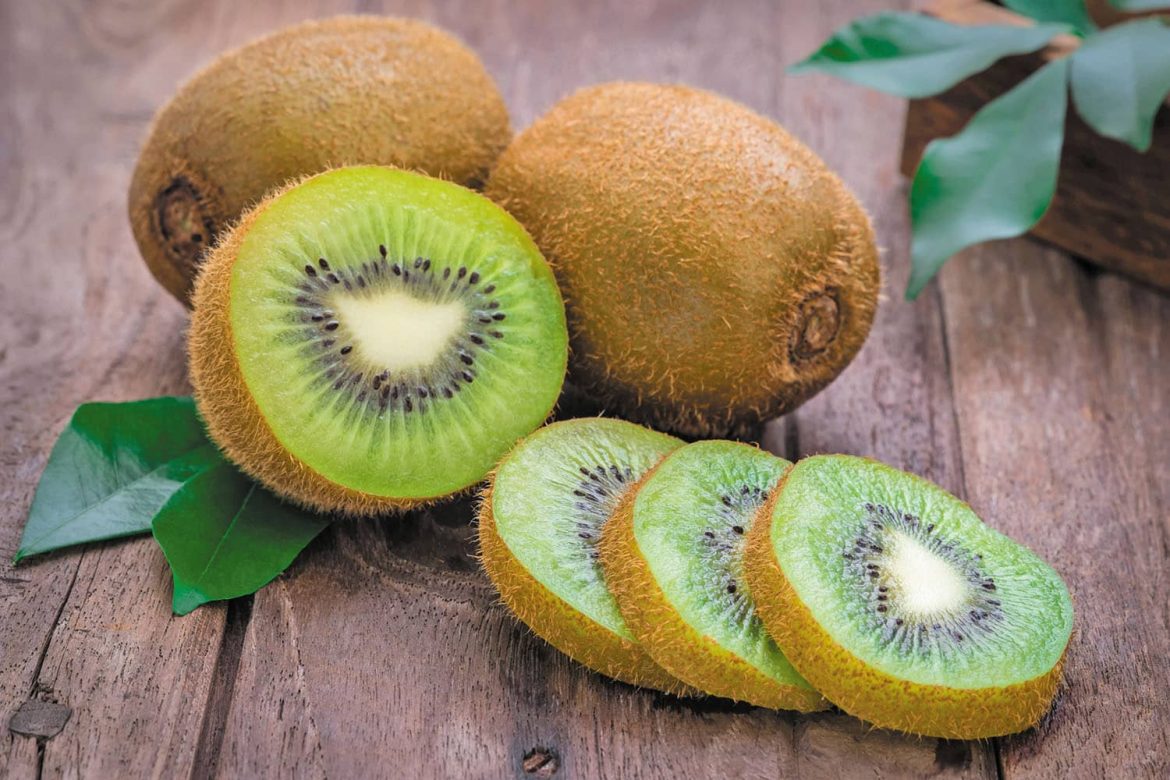


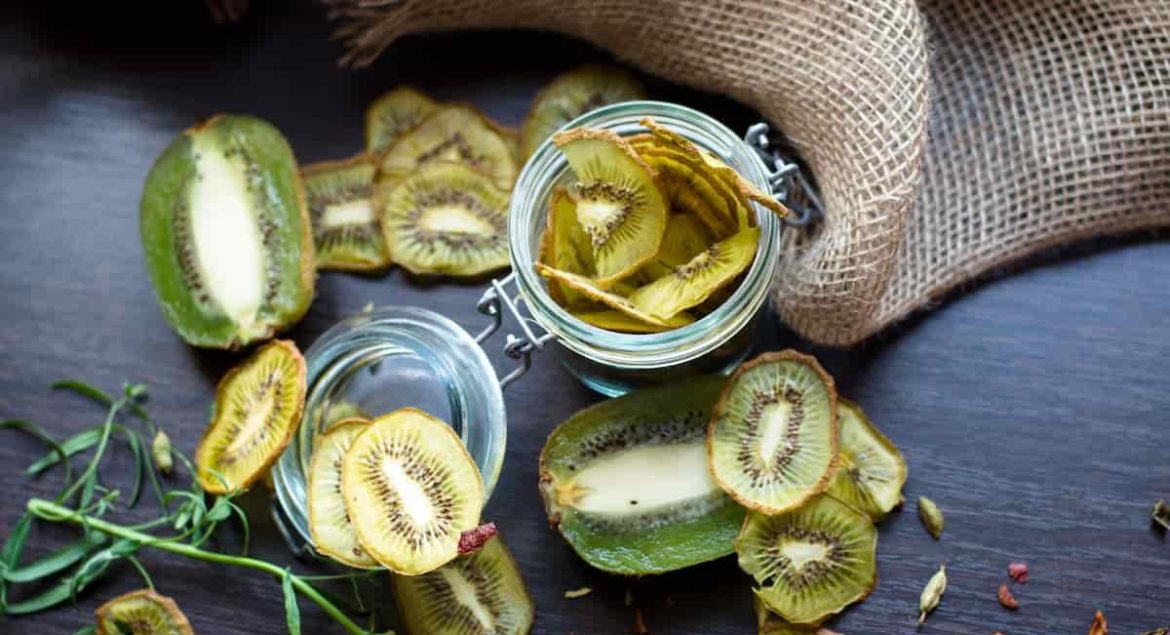


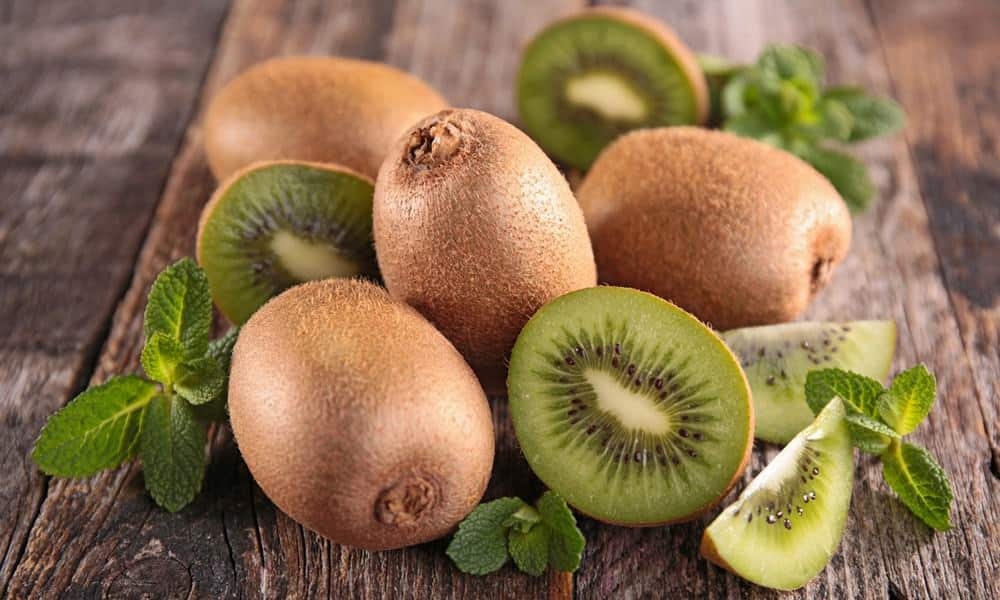
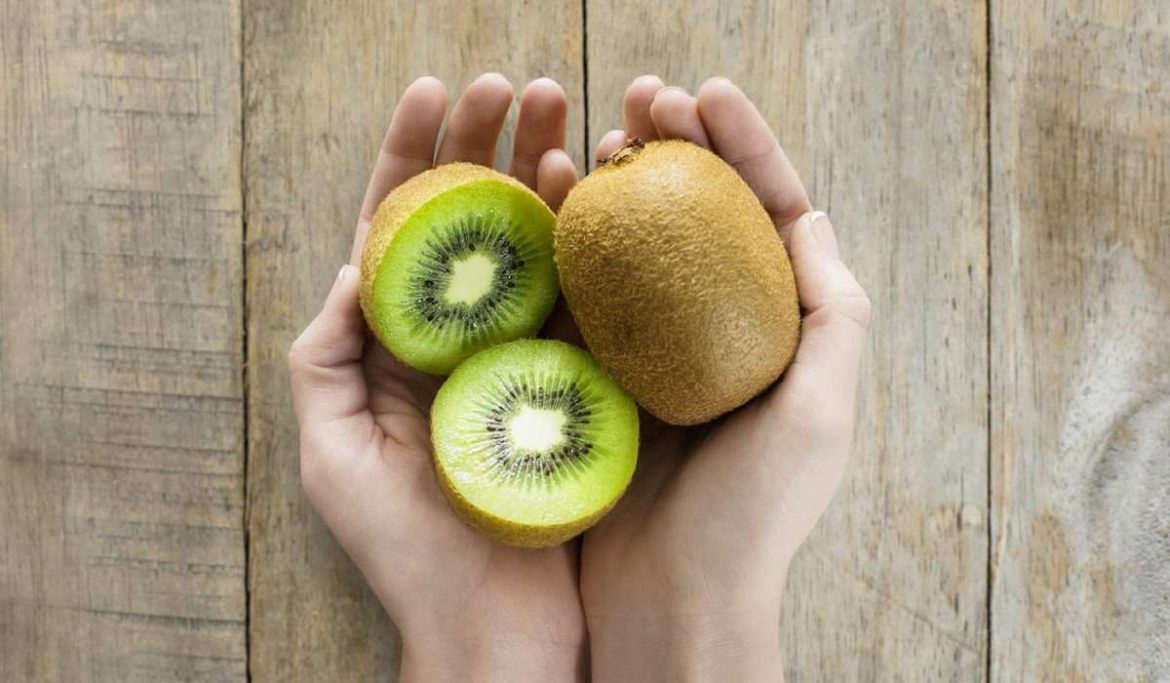
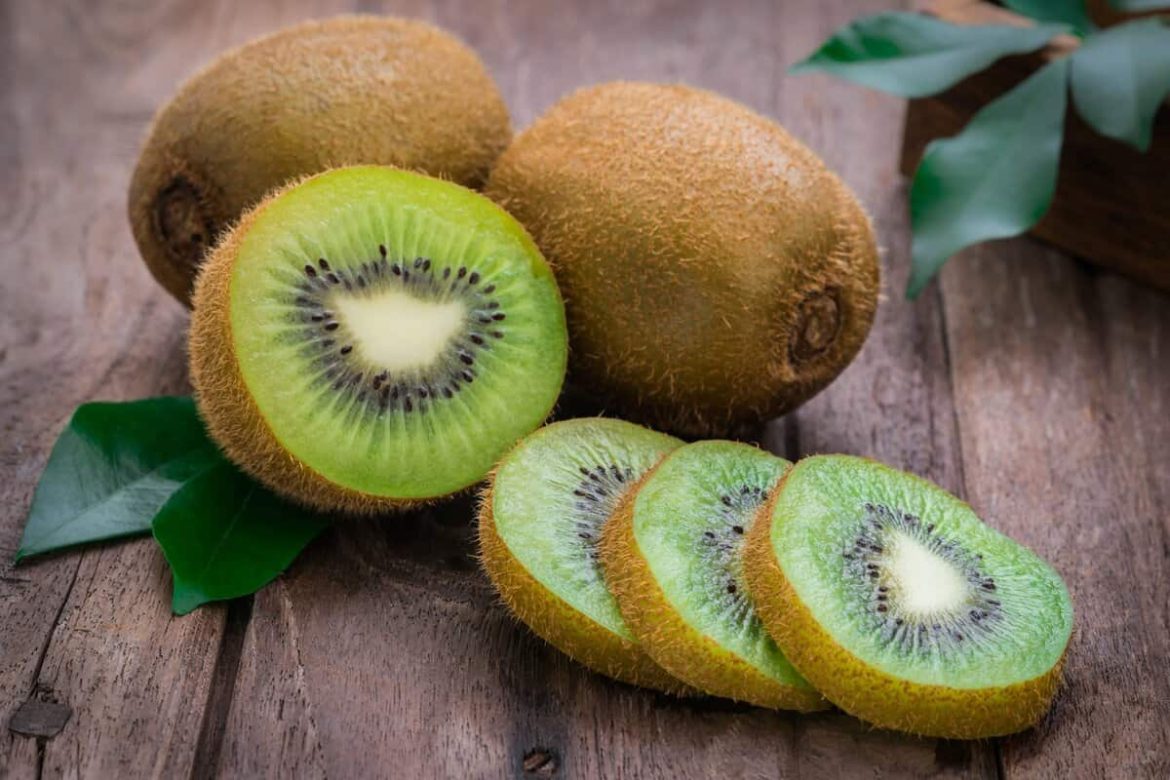

Your comment submitted.